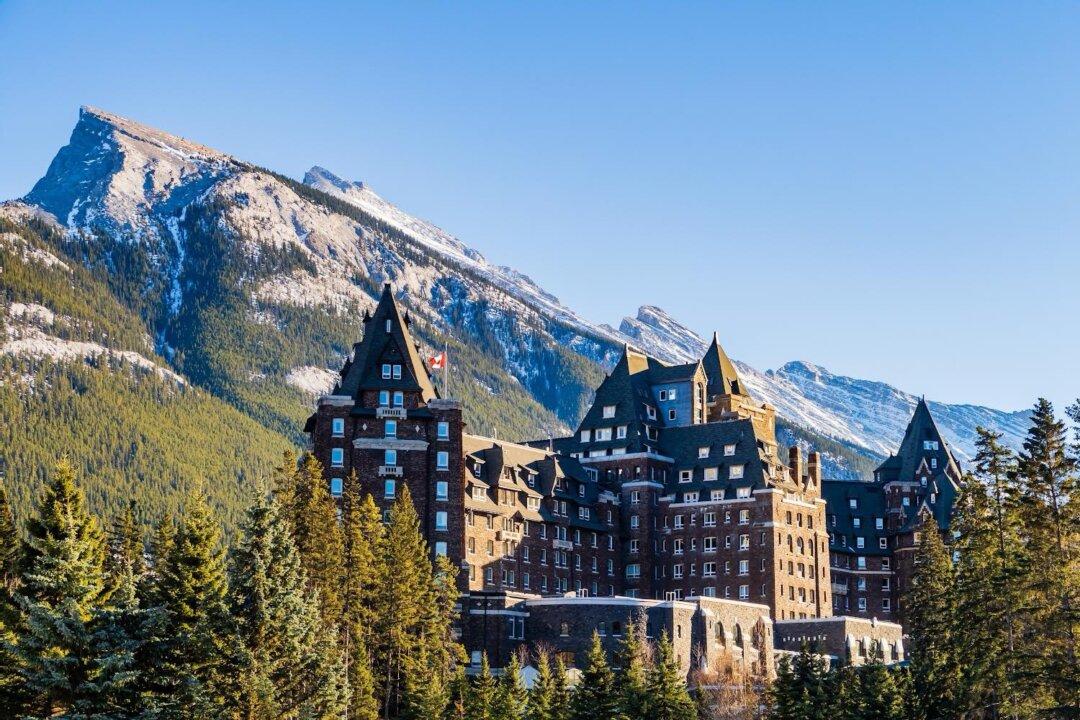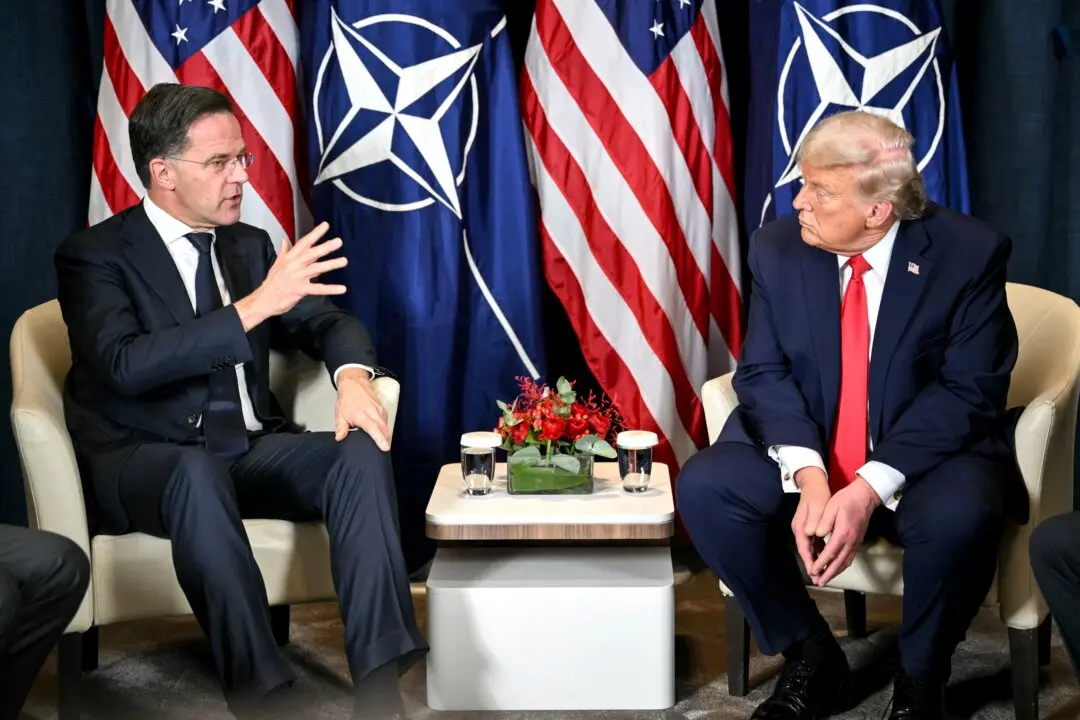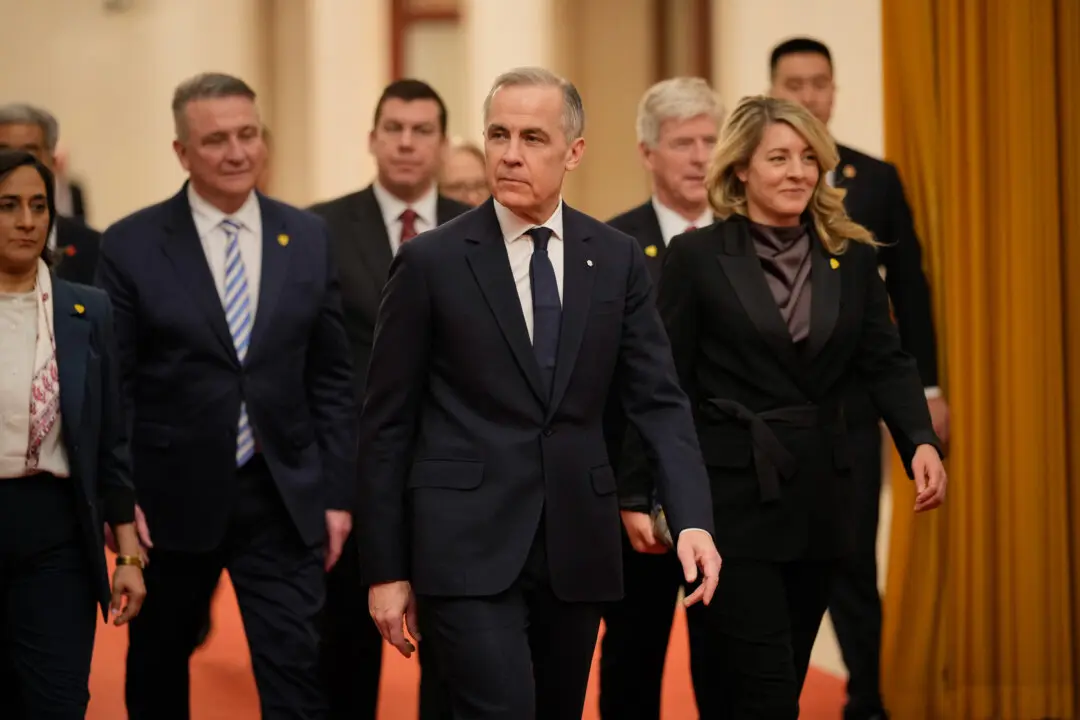Commentary
I was graciously invited to have a conversation with the Western Association of Broadcasters president, David Craig, at the WAB’s annual meeting at the magnificent Banff Springs Hotel on June 6. David was very articulate and put to me a number of questions whose answers he thought could possibly be of interest to the members, and it was a very cordial exchange.





